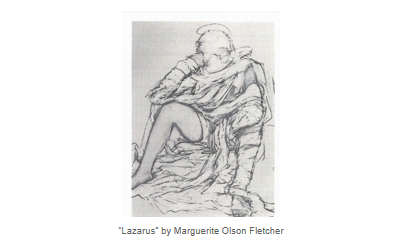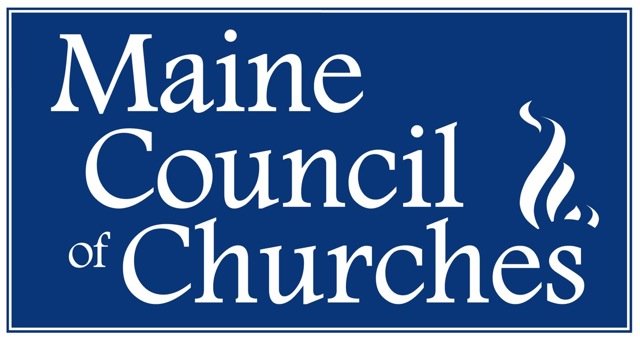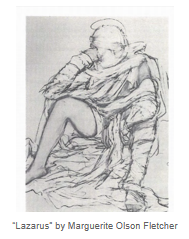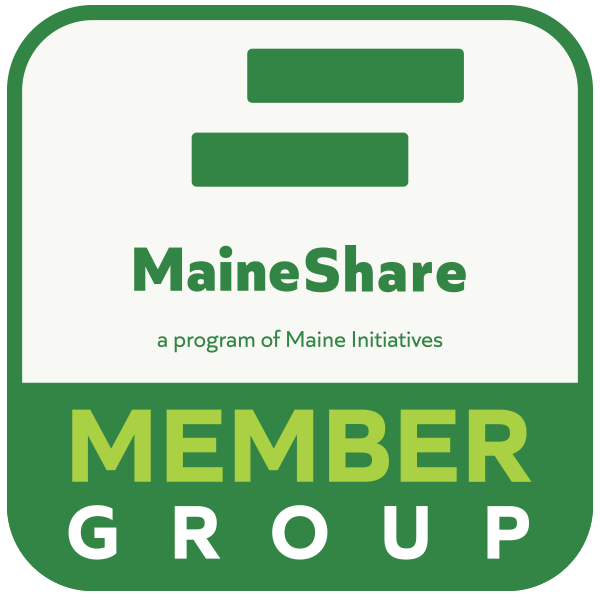MCC Blog April 19, 2018

Please sign the linked petition and circulate within your faith communities – this petition calls on the legislature to pass and fund the opioid bills on their table this year, and is intended to add to the pressure to DO SOMETHING. Help us send a strong signal to legislators that people of faith demand action now.
Since 2013, deaths from opioid overdose have more than doubled here in Maine; currently there is more than one death a day. In December, the chair of a special legislative task force said, “From infants born drug-affected to jail cells filled with our neighbors in need of treatment, the statewide epidemic requires that we take action.” People of faith bring a unique perspective and voice to the public debate and consideration of solutions to these challenging problems. The Maine Council of Churches, Maine Episcopal Network for Justice, Maine Unitarian Universalist State Advocacy Network, and Preble Street Faith Advocacy Network are advocating for passage of:
LD1711 H.O.U.S.E. Pilot project of low-barrier treatment and housing for homeless opioid users
LD1707 Fund clean hypodermic syringe exchange
LD1430 Provide evidence-based treatment for uninsured patients with opioid use disorder
Your faith community can help battle the opioid epidemic in meaningful ways:
Talk about it. Too often we treat addiction as a “moral failing,” using shame-and-blame talk to further stigmatize those who are suffering. But the medical reality is addiction is a disease. Talking about addiction and treatment with the voice of compassion and justice gives folks permission to speak their truth without fear of judgment and with hope that they will be understood and receive the help they need. Use sermons, newsletter articles, blog posts, education classes to open the door, particularly during September, National Recovery Month (there are resources available at their website). Invite someone in recovery, someone from the treatment community, someone who has walked alongside a loved one struggling with addiction, to speak to your congregation.
Watch and discuss these videos: “Addiction – The church’s role in recovery Part 1” on Vimeo (https://vimeo.com/84649099 ). “Listening events,” a YouTube video created by the West Virginia Council of Churches that describes their work asking congregations “What concerns you most about substance abuse?” https://www.youtube.com/watch?time_continue=119&v=hINY6NimPWg
Open your building so your space can be used by groups like Narcotics Anonymous
Advocate for policies that provide treatment for everyone who needs it and that keep people safe until they access treatment.
Turn to sacred texts for guidance, hope and inspiration:
In Ezekiel 34:4a, God points out the failures of society’s leaders: “You don’t strengthen the weak, heal the sick, bind up the injured, bring back the strays, or seek out the lost.” As a result, all suffer.
Isaiah 58:6-7, 10
Is not this the fast that I choose: to loose the bonds of injustice, to undo the thongs of the yoke, to let the oppressed go free, and to break every yoke? … if you … satisfy the needs of the afflicted, then your light shall rise in the darkness and your gloom be like the noonday.
Jeremiah 8:21-22
For the hurt of my poor people I am hurt, I mourn, and dismay has taken hold of me. Is there no balm in Gilead? Is there no physician there? Why then has the health of my poor people not been restored?
As people of faith, we respond: “There is a balm in Gilead to make the wounded whole.”


